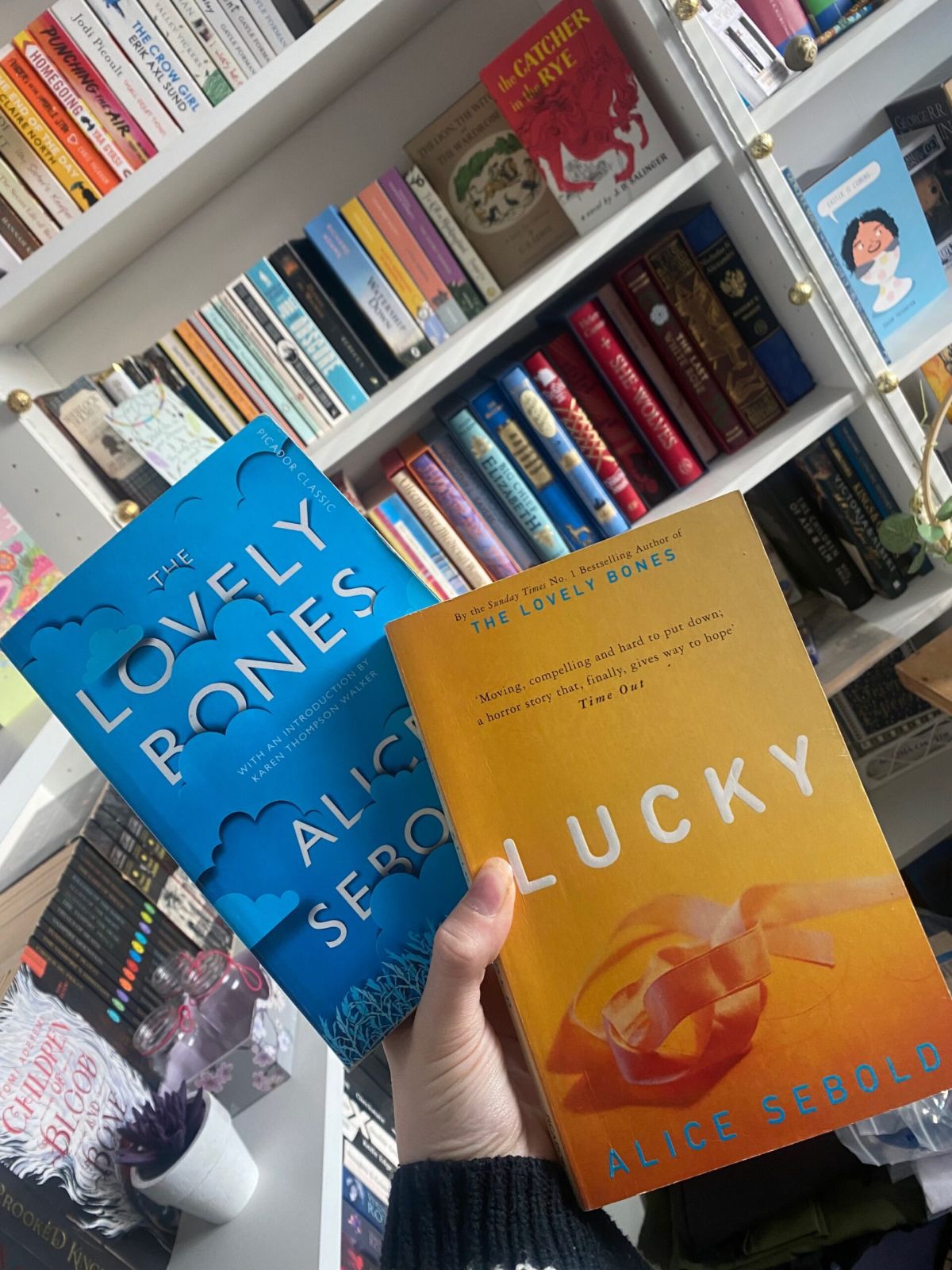Alice Sebold Memoir: The changing narrative of racism, activism and sexual violence

Trigger Warning: Discusses rape and sexual violence
Alice Sebold was a college student when she was raped. She was an 18-year-old at Syracuse University when that one night changed her life forever.
However, it also ruined that of Anthony Broadwater. After being convicted of Sebold’s rape in 1982, he was later found innocent and exonerated after a sixteen-year prison sentence and twenty-three years as a registered sex offender.
This would not have been the case if not for Sebold’s 1999 memoir Lucky which was set to be adapted into a film by Timothy Mucciante, who quickly discovered that Broadwater had been falsely sentenced and imprisoned. What are the implications of this? Who is responsible for the miscarriage of justice? What does this case tell us about how the discourse on sexual assault has changed over forty years?
Broadwater, a former marine, was arrested five months after the rape of Sebold and convicted of rape, assault, and robbery despite being misidentified in a police lineup. The only piece of evidence tying him to the scene was ‘microscopic’ hair analysis.
This is an obvious failing of the US justice system, especially since their case was undone by a filmmaker and a private investigator. Sebold in her apology issued said, “He became another young Black man brutalized by our flawed legal system. I will forever be sorry for what was done to him.”
Mucciante wrote for The Guardian when discussing how he came to uncover the truth behind Sebold’s rape: “My common sense told me something was wrong with the story. That the obvious truth had been ignored raises the bigger question: how widespread is this?” This is undoubtedly a crucial question to ask regarding rape convictions.
The English and Welsh charity Rape Crisis reported 70, 330 rapes recorded by the police in the year ending March 2022 but only 2,223 charges of rape cases were brought in. Of course, the astonishing lack of rape convictions in England and Wales is devastating, we’d hope that forty years later the justice system has improved in both the US and the UK so that those who are charged have not been done so falsely.
Could the significant lack of rape convictions be a contributing factor in women taking matters into their own hands? Although Broadwater had already been sentenced and subsequently released when Sebold published her memoir Lucky, many sexual assault survivors use books as, “a vehicle for activism and as a call to action for the readers, the media, and the government.”
Therefore, there’s no doubt that the US justice system failed Anthony Broadwater, but Sebold’s memoir itself was not such a catastrophe. Lucky used a pseudonym for Broadwater throughout so that she didn’t publicly defame him while working through her own trauma and looking to help other survivors of sexual assault. Moreover, suppose the book hadn’t been picked for adaptation. In that case, Broadwater may never have been exonerated and removed from the sex offenders’ registry which meant he could never get jobs other than a trash haulier and a handyman.
Sebold’s rapist was never caught and convicted but Anthony Broadwater’s life was forever changed by the prejudice and miscarriage of justice demonstrated by the US legal system. However, Sebold’s memoir positively changed her life as well as those of other women, and Mucciante’s work on the film adaptation has exonerated an innocent man. His documentary will still go ahead but as an investigation into the Anthony Broadwater case called Unlucky.
Low conviction rates aren’t the only story though; this case shows the authorities’ preoccupation with statistics and appearing to serve justice rather than using necessary time and resources on convictions for the safety of women. This is why Reclaim the Night is such an important event in Manchester and why I will be proudly marching on November 30.







